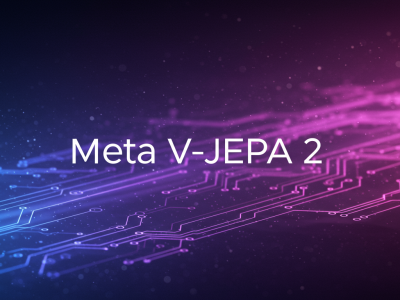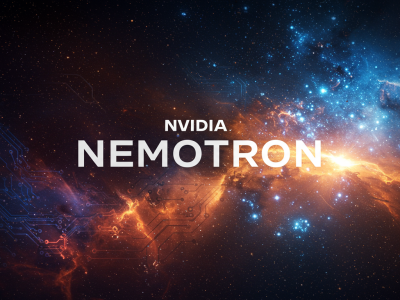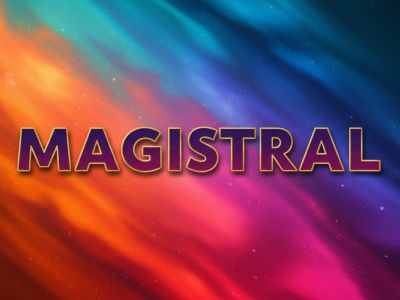Quick Take: Mistral just dropped Codestral Embed, their first embedding model built specifically for code. It significantly outperforms Voyage Code 3, Cohere Embed v4.0, and OpenAI’s large embedding model on real-world code tasks. The killer feature? Flexible dimensions and precision settings that let you optimize for either quality or storage costs, and it’s priced at just $0.15 per million tokens.
🚀 The Crunch
⚡ Developer Tip: Perfect timing to upgrade your code search, RAG systems, or duplicate detection pipelines. The dimension flexibility means you can optimize storage costs without sacrificing too much quality – ideal for production deployments.
Key Actionable Features:
-
API Access Ready Now: Hit
codestral-embed-2505via Mistral’s API at $0.15/million tokens, or use batch API for 50% discount - Smart Dimension Optimization: Choose from full-precision to 256-dimension int8 embeddings – even the smallest config beats competitors while saving storage costs
- Proven RAG Performance: Crushes SWE-Bench tasks for code agent retrieval – perfect for upgrading your coding assistant’s context understanding
- Production-Ready Chunking: Use 3000 characters with 1000 overlap for optimal retrieval (they tested this so you don’t have to)
- Real-World Code Understanding: Excels at semantic search, duplicate detection, and similarity matching across codebases with different syntax but similar functionality
🔌 Availability: Live on Mistral API as codestral-embed-2505. Cookbook examples and docs available now. On-premise deployments available through their applied AI team.
💰 Cost Optimization: At $0.15/million tokens (or $0.075 with batch API), it’s competitively priced. Dimension reduction can cut storage costs significantly while maintaining strong performance.
🎯 TLDR: Mistral’s new code embedding model beats all major competitors on real-world benchmarks. Flexible dimensions for cost optimization, strong RAG performance, and ready for production. Time to upgrade your code search game.
🔬 The Dive
Code embeddings have been the weak link in many developer tools – until now. Codestral Embed represents a significant leap forward in understanding code semantically rather than just lexically.
🔬 Technical Deep Dive: The breakthrough here is in the training approach. Codestral Embed was specifically trained on real-world GitHub data and optimized for code retrieval tasks rather than general text similarity. The model excels at understanding functional similarity even when syntax differs – think different implementations of the same algorithm. The dimension ordering by relevance is particularly clever, allowing you to truncate to any target dimension while maintaining quality.
The benchmark results are pretty convincing. On SWE-Bench lite (real GitHub issues), Codestral Embed significantly outperforms competitors, which directly translates to better context retrieval for coding agents. The Text2Code benchmarks show strong performance in code completion and editing scenarios – exactly what you need for building smarter developer tools.
What’s particularly interesting is the flexible precision and dimension approach. You can run the full model for maximum quality, or drop down to 256 dimensions with int8 precision and still beat competitors while dramatically reducing storage requirements. For production deployments handling large codebases, this cost optimization without quality loss is huge.
💡 The use cases go way beyond just search. Duplicate detection across large enterprise codebases, semantic clustering for code analytics, and enhanced RAG for coding agents all become significantly more effective. This could be the missing piece for teams trying to build sophisticated code understanding tools.
For practical implementation, Mistral’s chunking recommendations (3000 characters with 1000 overlap) are based on real testing and should save developers significant experimentation time. The 8192 token context window provides flexibility for handling larger code snippets when needed.
The competitive pricing at $0.15 per million tokens (or $0.075 with batch processing) makes this accessible for production use. Compare that to the accuracy gains over existing solutions, and it’s a pretty compelling upgrade path for teams currently using OpenAI or Voyage embeddings for code tasks.




